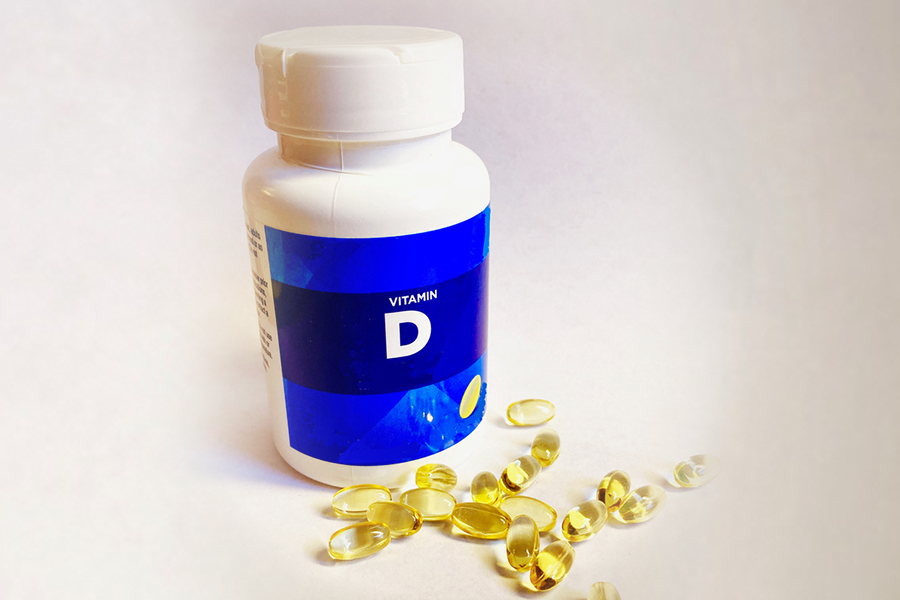Low Vitamin D Levels May Boost COVID-19 Risk in Black People
July 27, 2021
Vitamin D plays an important role in immune system functioning, and research points to a link between vitamin D supplementation and fewer viral respiratory infections. But it’s not clear if lower levels of vitamin D are linked to a greater risk of COVID-19, particularly among people in at-risk populations. If lower levels of vitamin D are tied to greater COVID-19 risk, then vitamin D supplementation might offer an easy, low-cost therapeutic option to help prevent COVID-19.
In a recent study in JAMA Network Open, CTSA Program researchers at the University of Chicago assessed whether a person’s risk of testing positive for COVID-19 was associated with their levels of vitamin D within the year prior to the test. The scientists also examined vitamin D levels and COVID-19 risk separately among White people and among Black people. Among all 4,638 people tested for COVID-19, those with the lowest levels of vitamin D were 53% more likely to test positive than those with the highest levels. Assessed separately, White patients with lower vitamin D levels weren’t at significantly greater risk of COVID-19. However, Black patients were at significantly greater risk of testing positive for COVID-19. Those with the lowest levels of vitamin D were 164% more likely to test positive than those with the highest levels. The researchers are now conducting a randomized, controlled trial to see what effect low, medium and high doses of vitamin D supplementation have on COVID-19 risk. Learn more about the researchers’ findings.



